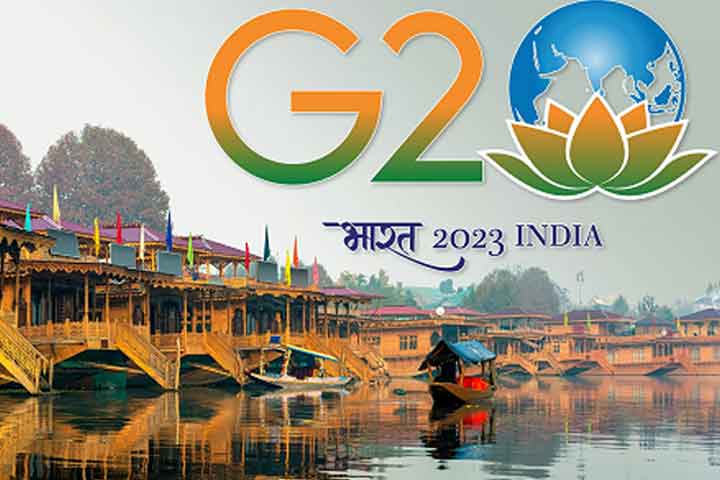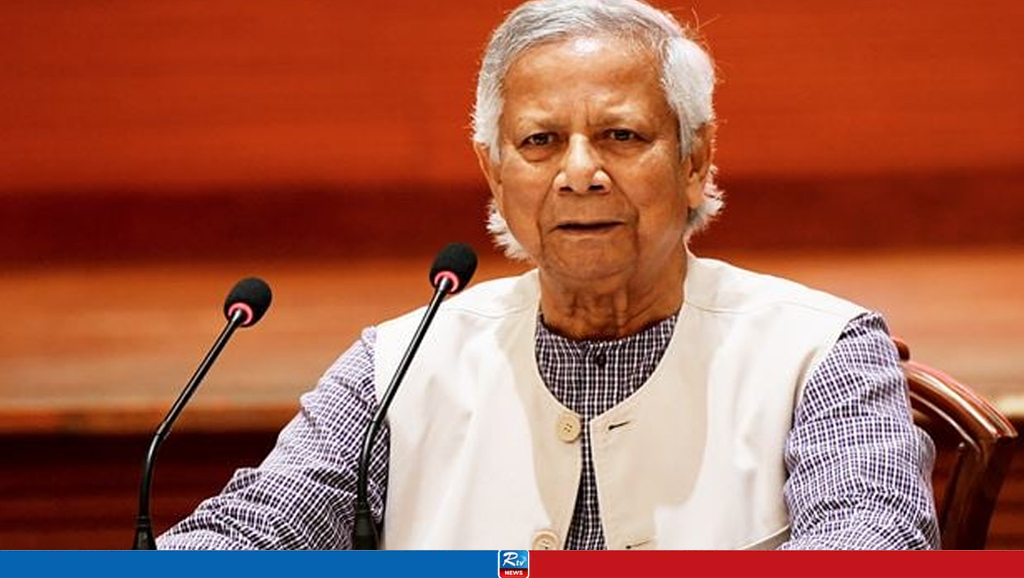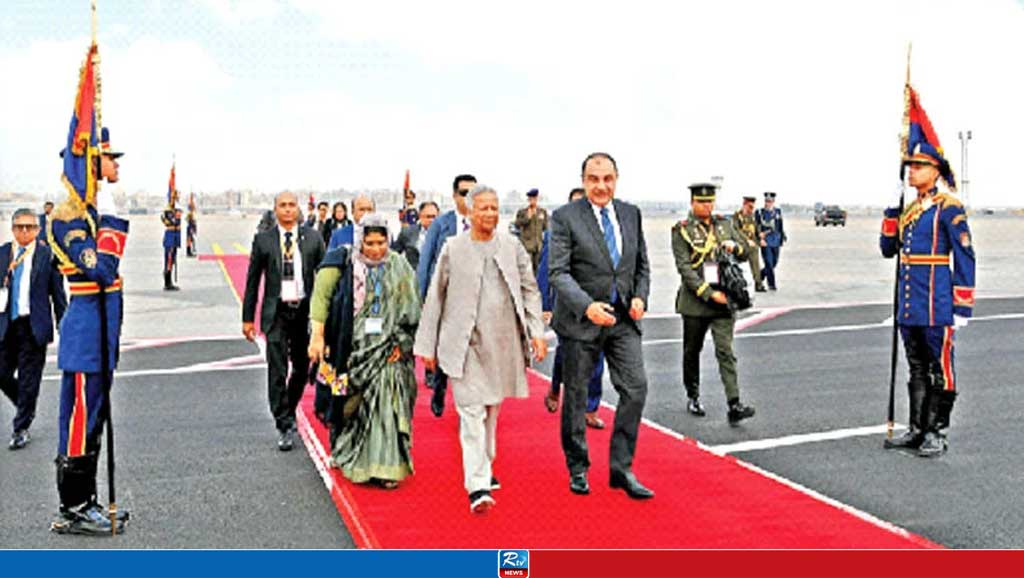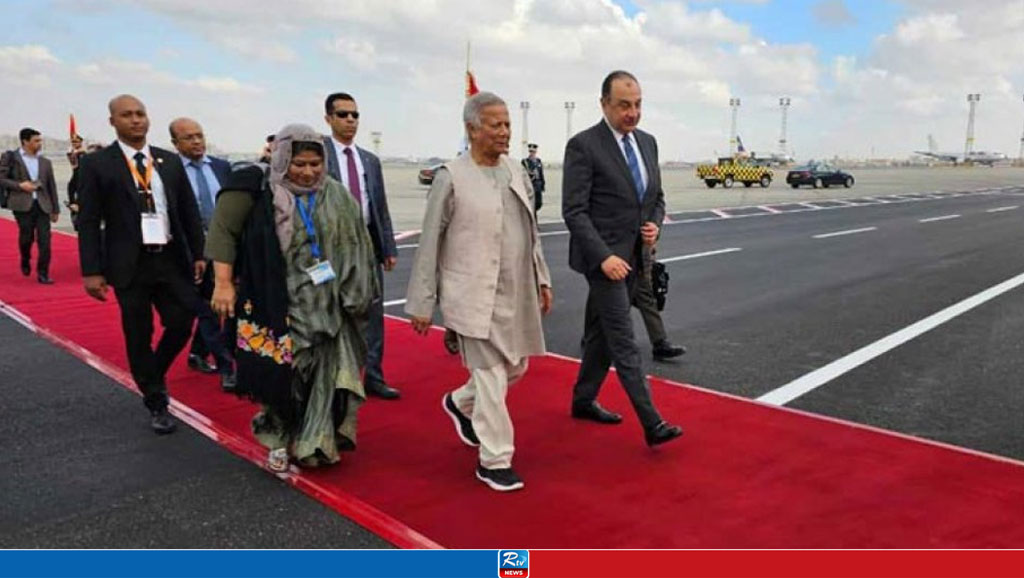G20 summit in Srinagar: A signal Kashmir is open for business

Despite resistance from Pakistan and China, New Delhi’s decision to host a meeting of Group of 20 or G20 countries in Srinagar, is set to be a game-changer not only for the economy of the valley, but a diplomatic victory for India.
For people of Kashmir, who have seen violence for the last more than three decades, hosting the G20 summit is a matter of great pride. The G20 summit is a global signal that Kashmir is open for business.
Notably, this is for the first time after the abrogation of Articles 370 and 35-A, Jammu and Kashmir will be hosting an international event during which it can showcase its stunning beauty, its rich culture and extraordinary tourism potential to the rest of the world which in turn could trigger a virtuous economic cycle of greater investment, growth and employment generation. Handicrafts and tourism destinations of Kashmir will be highlighted on the global platform after the successful culmination of the grand event scheduled from May 22-25.
When Delhi hosted 1982 Asian Games, it turned a sleepy provincial city into a national engine of growth, and it is hoped the G20 summit will similarly transform Srinagar. The Kashmir Chamber of Commerce and Industry (KCCI) has rightly said that this event “will give a massive boost to the economy of the region.” The G-20 has emerged as the world's premier intergovernmental forum, comprising both developed and developing countries. The bloc accounts for roughly two-thirds of the world population and 80% of world trade.
While Pakistan had lobbied its allies in G20, like Saudi Arabia Turkey and indeed China, to stop the meeting in Srinagar, only Beijing is likely ignore the Srinagar meeting, like in the case of Arunachal Pradesh. Around 50 delegates had participated in the G20 meeting in Arunachal Pradesh and the government is expecting a similar response to the event in Srinagar that will be an opportunity for India to refute Pakistan’s claims of human rights violations in Kashmir. The government will hope to convey to the world through the high-profile event that normalcy has returned in the Union Territory (UT).
India which took over the presidency of the G20, an economic cooperation bloc comprised of 19 countries and the European Union, in December of last year, shocked Pakistan and China by choosing Srinagar as the venue for the working committee meeting as part of the G-20 summit. By objecting to a normal G-20 meeting Pakistan seeks to play to the gallery back home and divert attention from political instability and the appalling state of the economy.
Once the G20 summit ends and tourism takes off, it will amplify the earlier-stated multiplier effect and generate jobs. These new jobs will lead to higher consumption. In turn, this will boost business confidence and lead to greater investment. India has invited delegates from six to seven non-G20 member countries, five to six foreign based non-governmental organizations (NGOs) and tourism secretaries from 12 States/Union Territories which have large potential of tourism to attend G20 pre-summit on Tourism Working Group (TWG) in Srinagar.
Significantly, some Islamic countries are among the non G20 foreign nations whose representatives have been invited for the pre-summit to send strong message to China and Pakistan which are opposing holding of meeting in Srinagar.
To make the event beautiful and historic, Srinagar city has been converted into a smart city with famous Dal Lake decorated like a bride and the shikaras (boats) present in the Lake being decorated with new colours. Srinagar city these days presents a festive look unlike the past when it was in news for violence. G20 summit hoardings can be seen all over the place and everything is being renovated.
The credit for this goes to Lt Governor Manoj Sinha and his team, who have been tirelessly working to make Kashmir a hub of economic activities for the last almost three years. When Manoj Sinha took over as L-G of J&K amid the Covid-19 pandemic and other uncertainties in August 2020, he had said only objective of his administration was to accelerate the economic development of the Union Territory and make it multi-dimensional. Almost three years down the line the L-G can proudly boast of his achievements.
Earlier this year Kashmir got its first foreign investment, with Dubai’s Emaar Group due to build a $60 million shopping and office complex. Emaar, builder of the world’s tallest tower, the Burj Khalifa, is Dubai’s largest listed developer. The Dubai government owns a minority stake in the developer through its sovereign wealth fund.
Working within the tenets of financial prudence, transparency, and accountability, the Jammu and Kashmir government is moving ahead the agenda of all-round development in the region. The UT is witnessing a huge increase in the number of start-ups by the youth. E-commerce, horticulture, agriculture, the food industry and crafts are some of the major sectors in which these start-ups have been started.
Unemployment remains one of the major concerns for the government but new start-ups by the local youth will not only promote local business but also generating employment for hundreds of youngsters. Kashmir is a virgin valley and there is a scope for many start-ups to come up here. Having a virgin market means an opportunity and start-ups are the main builders of any country or state, so having so many start-ups would generate employment and push us for growth. The handholding of youngsters by the L-G administration is done through training as well as providing them with a one-time grant by the government.
Source: Rising Kashmir
Comments
Indian Media Spreads Best Fairy Tales


 Live Tv
Live Tv




